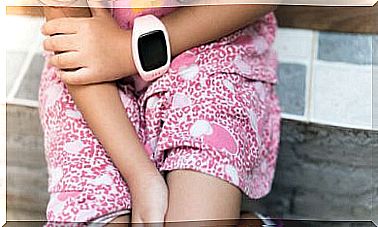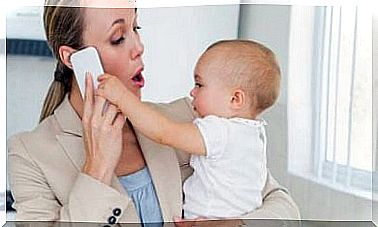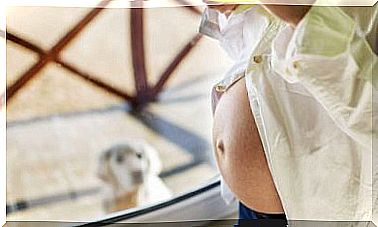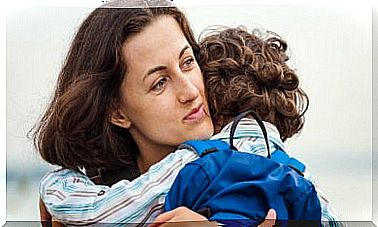Emmi Pikler’s Legacy To Children: Autonomy

The upbringing of children is always one of the most interesting subjects. There are so many aspects to take into account that it is common to feel a certain overflow, especially when we talk about autonomy, food or affection. It is here, when we look for references that help us better understand our children, and one of them, without a doubt, is Emmi Pikler.
This Vienna-born pediatrician realized the importance of giving children a healthy environment so that they can develop their full capacities with the least possible interference. If you do not know his pedagogy, we invite you to continue reading; you will find it fascinating.
Who was Emmi Pikler?
The pediatrician was born in Vienna in 1902 and died in 1982, having left an invaluable legacy. He worked much of his life in Budapest and in 1946, after the ravages of World War II, the Hungarian government offered to take care of a nursery and he did so until 1979.

Dozens of children arrived there who had been orphaned during the war or those whose families could not take care of them. The house was located on Lóczy Street, and that is why the pedagogy that Pikler left us is thus also known.
The intention was for the children to grow up in conditions as similar as possible to their homes. However, he soon saw that this intention was only there. The resources they offered her were scarce and the nurses dedicated more time to logistics and organization tasks than to taking care of the children, something that completely clashed with their way of seeing things.
Emmi Pikler’s proposal
Before the war, due to his Jewish origins, he was forbidden to work in hospitals, so he decided to take care of children at home. It was then that he began to emphasize the importance of working with healthy children and promoting their physical and mental development. Thus, symptoms or diseases are prevented from appearing.
He decided to instruct the parents of these children he cared for and observed that the little ones grew stronger and much healthier, without diseases.
So, we are going to tell you what are the great principles of the philosophy of the pediatrician. Absolute respect for children and freedom of movement at an early age are the key to understanding it better.
Accompany without invading
We tend to intervene too much in the development of children and what we do is hinder their learning by trying to speed it up and preventing them from discovering their own path.
At this point, it was vital for her to allow free motor skills, which avoids interfering with physical movement throughout childhood. Thanks to this, more competent and respectful individuals are achieved.
In this same sense, there is the fact of allowing free play in children. Through it they express themselves and interact with the world.
In his own words: “In the child, even in the baby, there is by nature an inexhaustible and growing interest in the world and in himself. It is not necessary to ‘entertain’ a baby. He can play for hours, days and even months with the objects he gets. “

Emmi Pikler: respect above all
Another key point for this pediatrician is the importance of respectful care. In this way, the responsible adult must always pay attention to the signs that the child presents. Only then will you be able to know what their needs or interests are at all times: when feeding them, when taking them in your arms, or when changing their diapers.
It is complemented by the following quote: “ It is essential that the child discover for himself. If we help him solve all his tasks, we take away the most important things for his mental development. The child who achieves something through autonomous experiments acquires completely different knowledge from that acquired by a child who is previously offered a solution. “
As you have seen, Emmi Pikler’s experience in caring for children, respect and freedom of movement is the most interesting and leads us to have more autonomous and healthy children. There is a lot of information about it and schools that put this methodology into practice. However, it is something that you can do at home, always with care and an attentive look, but always respecting each stage of your little one.










